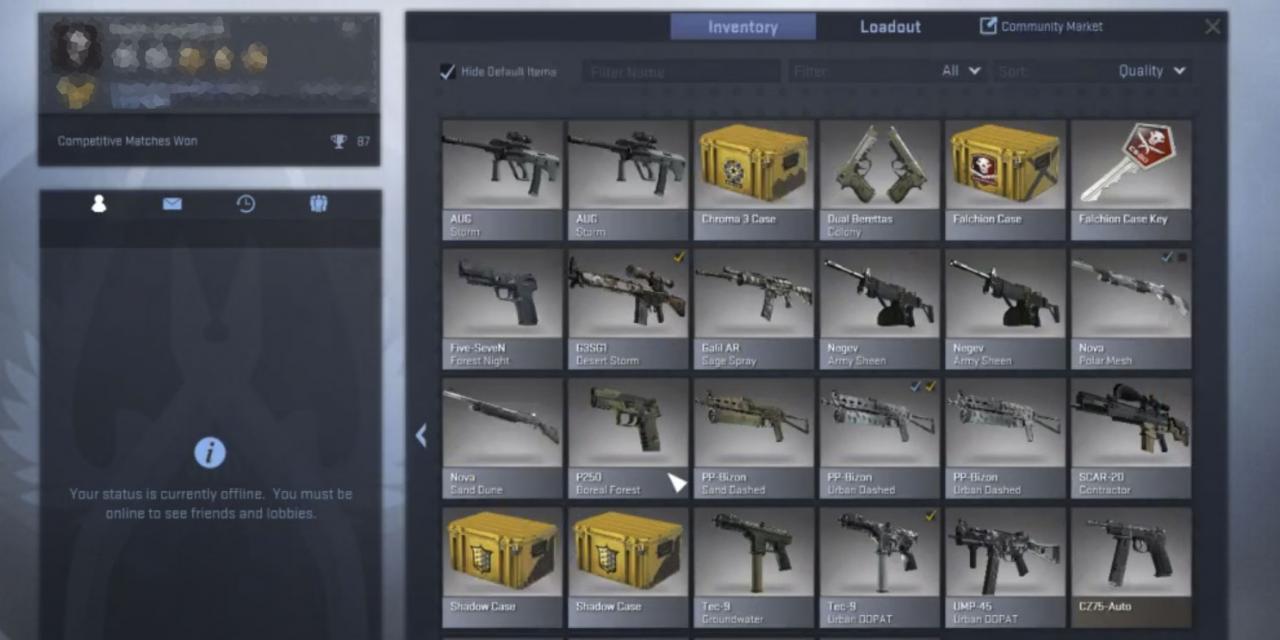
As countries around the world begin to weigh in on whether they consider loot boxes gambling or not, it has meant that the practice of offering randomized rewards to gamers is becoming illegal in certain territories. That's lead to companies like Valve responding in the only way they can to avoid being legally vulnerable: removing loot boxes from their games.
The first step of that has been with Counter Strike: Global Offensive, which now has no randomized loot box rewards in both the Netherlands and Belgium following the latest patch. That's also lead to the closure of trading and marketplace features within Steam itself in both of those countries. DotA 2 has also been hit by this new crackdown with no randomized item rewards in that game either.
The implementation of these feature blocks though has been a little different depending on the region.In some countries, Valve has removed the ability to earn and interact with loot boxes altogether. In others, you simply can't open them and they'll sit, tantalizingly out of reach in your inventory for years to come.
It may be that the rules related to loot boxes change in some territories in the future, or Valve finds a way to work with the authorities to bring them back. In countries like China, developers get around a ban on gambling in games by revealing the odds of gaining access to certain items and rewards. It could be that if Valve were to publish the numbers associated with unlocking certain items that it would be able to get around the ruling, but then it would have to face the ire of gamers in other territories who then would also know how low their chances are of getting a rare reward.
It would certainly put a dampener on all those "near miss" slot machine mechanics it employs in games like CS:GO.








